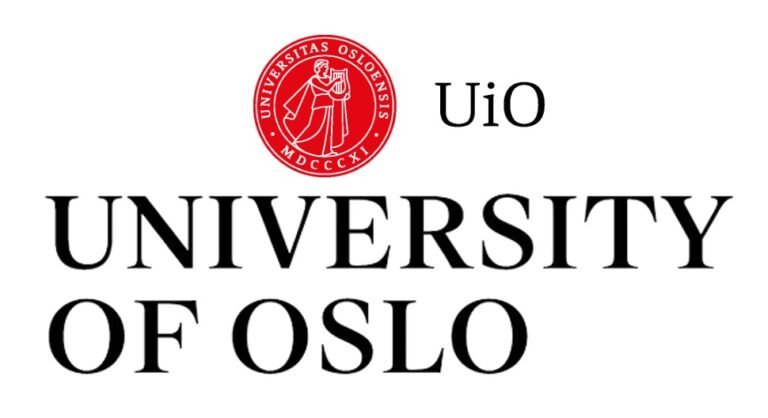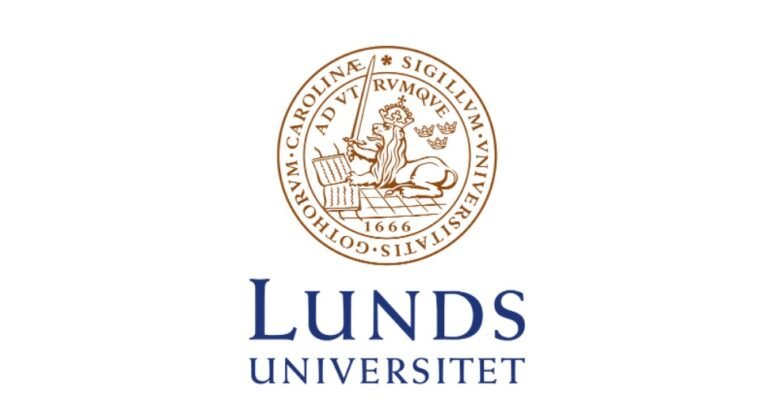About the position
Position as PhD Research Fellow in Bioinformatics is available in the Bioinformatics in Life Science environment at the Department of Pharmacy, University of Oslo.
The fellowship period is 3 years.
Starting date no later than October 1, 2025.
A fourth year may be considered with a workload of 25 % that consists of teaching, supervision and/or research assistance. This is dependent upon the qualifications of the applicant and the current needs of the department.
No one can be appointed for more than one PhD Research Fellowship period at the University of Oslo.
BiLS is a new initiative that organises the local bioinformatics community and drives bioinformatics innovation by integrating computational and biological sciences to address complex life science challenges https://www.mn.uio.no/bils/english/. It fosters collaborations and develops advanced compu-tational tools through a hub for multi-omics and systems biology.
Job description
In the gut, we have 300-500 different bacterial species, over 200 different viruses, and an unknown number of fungal species that make up a complex community – the gut microbiome. The gut microbiome plays a crucial role in our health. However, much remains unknown about how gene expression is regulated in these communities and how the interplay between bacteria, viruses and fungi influences gene expression. Bacterial genomes are compactly organised within the bacterial cell and DNA binding proteins are shaping its 3D structure. Yet, the community’s impact on the 3D organisation and coordination of gene expression is unknown.
This project focuses on multi-omics analyses of microbiomes. The successful candidate will use advanced sequencing data and computational methods to unravel new regulatory mechanisms in microbial communities, including gene expression and interplays with the bacteriome, mycobiome, and virome.
The project will use state-of-the-art computational methodologies to analyse metagenome, Hi-C, and Hi-Pore-C sequencing data.
The project aims to elucidate correlations across the metagenome, metaregulome, and metaproteome to advance our understanding of how microbial communities are regulated.
This interdisciplinary project provides opportunities to make groundbreaking discoveries in microbiome research and its implications for health and disease.
Qualification requirements
The Faculty of Mathematics and Natural Sciences has a strategic ambition to be among Europe’s leading communities for research, education and innovation. Candidates for these fellowships will be selected in accordance with this, and expected to be in the upper segment of their class with respect to academic credentials.
Required qualifications:
- Master’s degree (or equivalent) in bioinformatics, computational biology, microbiology, or related fields.
- Proficiency in programming with Python, C++ or R, statistical analyses and visualization.
- Excellent communication skills in English, both written and oral.
Desired qualifications:
- Familiarity with genomics, metagenomics, or microbial ecology.
- Proficiency in UNIX/Linux and Bash/Shell scripting.
- Experience with reproducible data analyses, including workflow management systems such as Snakemake or Nextflow.
- Experience with multi-omics analyses.
- Experience with high throughput sequencing or Hi-C data analyses.
- Interest in microbial community ecology, including mycobiome and virome dynamics.
- Ability to collaborate across disciplines and contribute to scientific outreach.
- Proven organisational skills.
- Communication skills in Norwegian or a Scandinavian language.
Candidates without a master’s degree have until 30 June 2025 to complete the final exam.
Language requirement:
- Good oral and written communication skills in English.
- English requirements for applicants from outside of EU/ EEA countries and exemptions from the requirements:
https://www.mn.uio.no/english/research/phd/regulations/regulations.html#toc8
Grade requirements:
The norm is as follows:
- the average grade point for courses included in the Bachelor’s degree must be C or better in the Norwegian educational system.
- the average grade point for courses included in the Master’s degree must be B or better in the Norwegian educational system.
- the Master’s thesis must have the grade B or better in the Norwegian educational system.
The purpose of the fellowship is research training leading to the successful completion of a PhD degree. For more information see: http://www.mn.uio.no/english/research/phd/
What are we looking for in you?
We are looking for candidates with the ability and motivation to work in an international and highly interdisciplinary team.
Employment in the position is based on a comprehensive assessment of all qualification requirements applicable to the position, including personal qualifications.
We offer
- Exciting and meaningful tasks in an organization with an important societal mission, contributing to knowledge development, education, and enlightenment that promote sustainable, fair, and knowledge-based societal development.
- Vibrant international academic environment
- Oslo’s family-friendly surroundings with their rich opportunities for culture and outdoor activities
- Good welfare schemes.
- Career development programmes
- Membership in the Statens Pensjonskasse, which is one of Norway’s best pension schemes with beneficial mortgages and good insurance schemes.
- Salary in position as Doctoral Research Fellow, position code 1017, in salary range NOK from 536 200 – 575 400, depending on competence and experience. From the salary, 2 percent is deducted in statutory contributions to the State Pension Fund.
Read more about the benefits of working in the public sector at Employer Portal.
Inclusive worklife and diversity at UiO
Inclusion and diversity are a strength. The University of Oslo has a personnel policy objective of achieving a balanced gender composition. Furthermore, we want employees with diverse professional expertise, life experience and perspectives.
If there are qualified applicants with disabilities, employment gaps or immigrant background, we will invite at least one applicant from each of these categories to an interview.
We hope that you will apply for the position.
More information about gender equality initiatives at UiO can be found here.
Application
Your application should include:
- Cover letter – statement of motivation and research interests
- CV (summarizing education, positions and academic work – scientific publications)
- Copies of the original Bachelor and Master’s degree diploma
- Transcripts of records
- Documentation of English proficiency
- Names and contact details of 2-3 references (name, relation to candidate, e-mail and telephone number)
Application with attachments must be submitted via our recruitment system Jobbnorge, click “Apply for the position”.
When applying for the position, we ask you to retrieve your education results from Vitnemålsportalen.no. If your education results are not available through Vitnemålsportalen, we ask you to upload copies of your transcripts or grades. Please note that all documentation must be in English or a Scandinavian language.
General information
The best qualified candidates will invited for interviews.
Applicant lists can be published in accordance with Norwegian Freedom of Information Act § 25. When you apply for a position with us, your name will appear on the public applicant list. It is possible to request to be excluded from this list. You must justify why you want an exemption from publication and we will then decide whether we can grant your request. If we can’t, you will hear from us.
Please refer to Regulations for the Act on universities and colleges chapter 3 (Norwegian), Guidelines concerning appointment to post doctoral and research posts at UiO (Norwegian) and Regulations for the degree of Philosophiae Doctor (PhD) at the University of Oslo.
The University of Oslo has a transfer agreement with all employees that is intended to secure the rights to all research results etc





